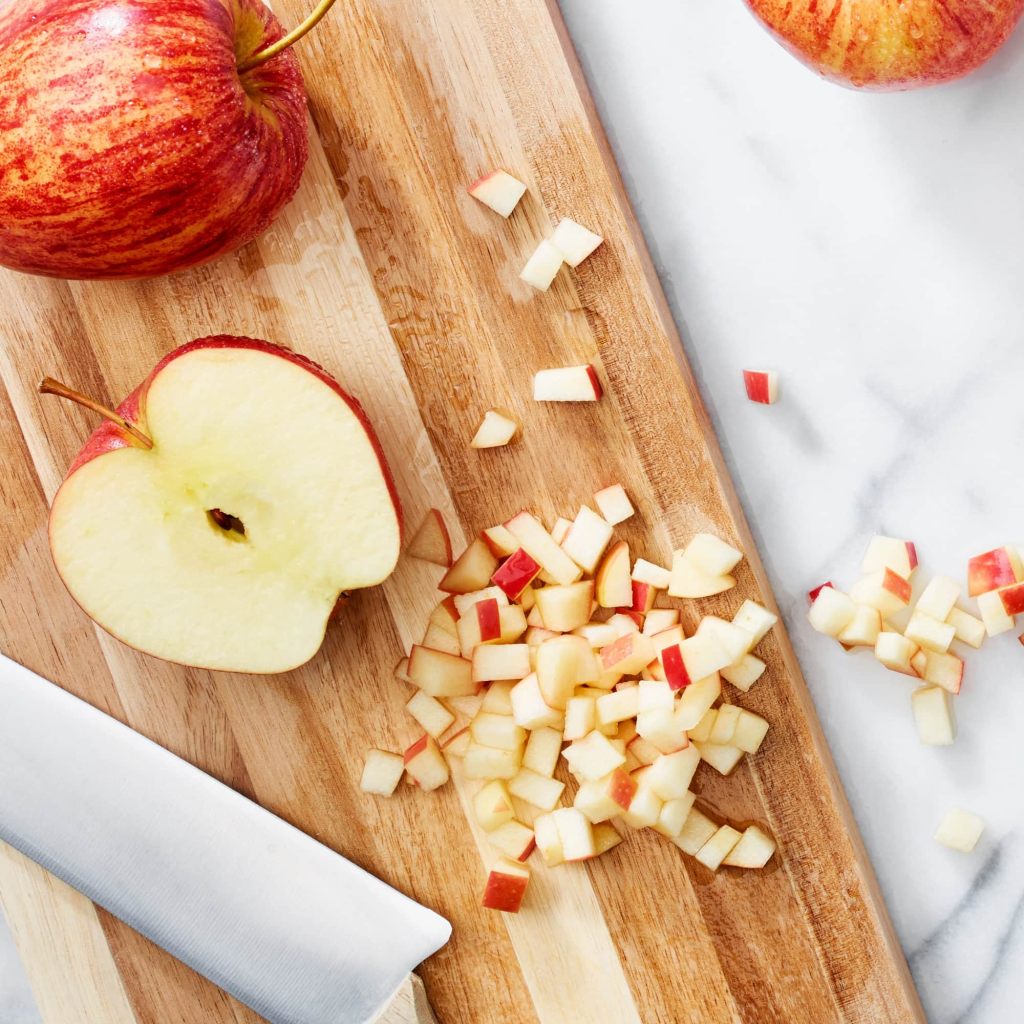Endometriosis affects approximately one in 10 women during their reproductive years, according to the American College of Obstetricians and Gynecologists. Yet many suffer the symptoms for years before they’re diagnosed. Only at that point can patients work with their doctors to find ways to manage common symptoms of endometriosis like crippling menstrual cramps, painful sex, and fatigue.
While there are medications and surgical procedures that can help bring relief, some people try to manage their symptoms by other means, including making changes to their diet and lifestyle. As a registered dietitian who specializes in women’s health, I’ve learned that unfortunately, the data surrounding diet and endometriosis are shamefully limited. But while there are no clear recommendations for dietary changes that can reduce the symptoms of endometriosis, evidence does exist to suggest that certain foods may help. Here are five tips I give my clients.

